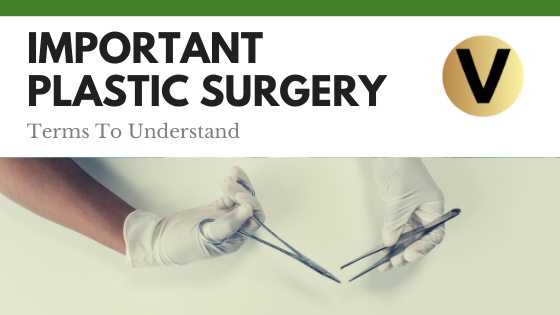The plastic surgery industry has seen exceptional growth in recent years and is only expected to continue growing. With this expected growth in mind, it is important for potential patients better to understand the most common terms within plastic surgery. Below are some of the most important terms to know when considering plastic surgery.
Anesthesia
One of the more common terms that may be used in both plastic and general surgery is anesthesia. Anesthesia refers to the medication that is used on patients going into surgery. While some procedures may be done while the patient is awake, surgeries that require someone to be put under will likely receive anesthesia. This will ensure that a patient stays asleep during a procedure or surgery and is monitored by an anesthesiologist. Patients going in for any surgery should understand the process for anesthesia and be aware of any potential risks.
Asymmetry
There are instances when a person explores plastic surgery to help with any issues from asymmetry. In its most basic terms, asymmetry refers to a part of the body that is not symmetrical or does not have the same size or shape. Asymmetry can happen on a number of body parts, including the face, chest, and limbs. Plastic surgery can help align any sort of asymmetry.
Congenital Anomaly
In general, congenital anomaly refers to a health problem that was present at birth. Individuals who hear this specific term may have a health problem that has been present for their entire lives and are looking at how plastic surgery can improve the problem. While not every health problem from birth can be fully treated, there are a number of medical or surgical options to help improve it.
Cosmetic Plastic Surgery
One of the most common terms that a patient may hear with plastic surgery is cosmetic plastic surgery. Cosmetic plastic surgery is known as a type of surgery that is performed when the patient is looking to repair or reshape a portion of their body. Cosmetic plastic surgery can be used to improve a body part that a patient is unhappy with, in an effort to help build confidence. In some cases, cosmetic plastic surgery may also be used to repair the look of a body part following a traumatic injury, which could include car accidents, burns, or severe physical abnormalities.

